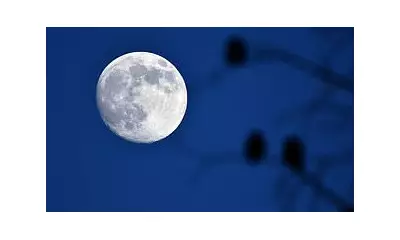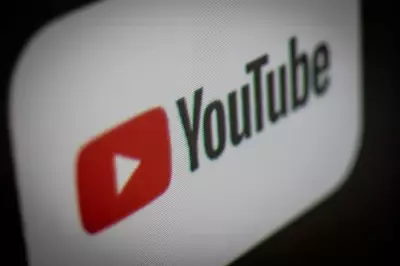
Hollywood legend Bryan Cranston, renowned for his iconic role in Breaking Bad, has stepped into the future of filmmaking by starring in a revolutionary short film created entirely with OpenAI's groundbreaking Sora 2 artificial intelligence system.
The AI Cinematic Breakthrough
The seven-minute film, titled 'The Last Lightbulb,' represents a seismic shift in how movies can be produced. Cranston not only stars in the production but also provided the creative vision and narration, while OpenAI's sophisticated AI handled the visual generation from text prompts.
Behind the Scenes of 'The Last Lightbulb'
Set in a beautifully rendered post-apocalyptic world, the film follows Cranston's character as one of humanity's last survivors. The AI-generated visuals showcase stunning landscapes and intricate details that would typically require massive production budgets and extensive filming schedules.
What makes this project particularly remarkable is the collaborative process:
- Cranston worked closely with AI developers to refine text prompts
- The system generated multiple visual options for each scene
- Human creative direction guided the AI's output
- Traditional filming limitations were completely bypassed
Hollywood's Reaction to the AI Revolution
The film's creation has sent shockwaves through the entertainment industry, raising crucial questions about the future of film production. While some industry veterans express concern about AI replacing human jobs, others see it as a powerful tool for democratizing filmmaking.
Cranston himself addressed these concerns, stating that AI should be viewed as a collaborator rather than a replacement for human creativity. He emphasized that the technology allows storytellers to bring their visions to life without the traditional constraints of budget and logistics.
The Technology Behind the Magic
OpenAI's Sora 2 represents the cutting edge of text-to-video generation technology. Unlike its predecessors, the system can create coherent, high-quality video sequences with remarkable consistency and visual fidelity. The technology understands complex scene descriptions and can maintain character consistency across multiple shots.
What This Means for Future Filmmaking
This collaboration between established Hollywood talent and advanced AI technology signals a new era for the entertainment industry. The implications are profound:
- Reduced production costs for independent filmmakers
- Faster turnaround times for visual development
- New creative possibilities previously limited by practical constraints
- Potential disruption to traditional film crew roles
The success of 'The Last Lightbulb' demonstrates that AI-generated content can achieve emotional depth and cinematic quality that resonates with audiences, challenging long-held assumptions about what requires human touch in filmmaking.
As the technology continues to evolve, industry experts predict we'll see more established actors and directors experimenting with AI tools, potentially creating an entirely new category of film production that blends human creativity with artificial intelligence capabilities.





